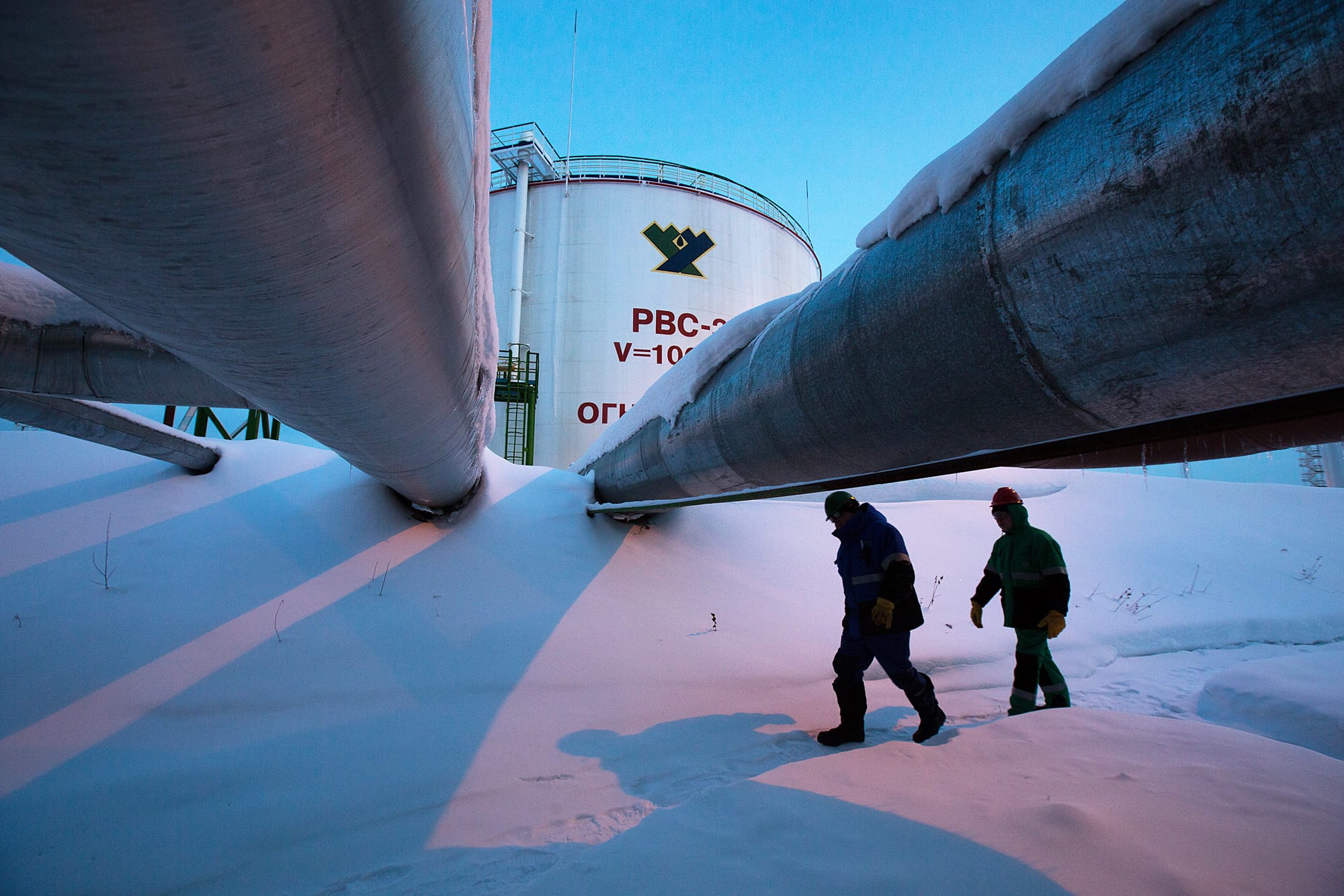Shell said Monday it is ending an “equity partnership” with Gazprom, a Russian state-owned energy company, as the Russia-Ukraine conflict continues.
Shell said it’s selling a 27.5% stake in Sakhalin-II, an integrated oil and gas project located on the Sakhalin island in Russia, as well as a 50% interest in Salym Petroleum Development N.V., “a joint venture with Gazprom Neft that is developing the Salym fields in the Khanty Mansiysk Autonomous District of western Siberia.” The company also said it’s ending its involvement in the Nord Stream 2 pipeline project.
“We are shocked by the loss of life in Ukraine, which we deplore, resulting from a senseless act of military aggression which threatens European security,” Shell CEO Ben van Beurden said in a statement.
“Our immediate focus is the safety of our people in Ukraine and supporting our people in Russia,” van Beurden added. “In discussion with governments around the world, we will also work through the detailed business implications, including the importance of secure energy supplies to Europe and other markets, in compliance with relevant sanctions.”
Shell’s announcement comes a day after rival BP said it was offloading its 19.75% stake in Rosneft, another Russian-controlled oil company. Meanwhile, the U.S. — along with other countries — have ramped up sanctions against Russia following its invasion of Ukraine.
The company said that it had about $3 billion in “non-current assets” through its Gazprom ventures at the end of 2021, noting that exiting these investments will “impact the book value of Shell’s Russia assets and lead to impairments.”
